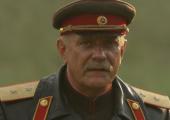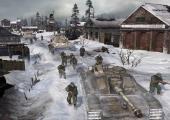The Sleeping Beauty, Bolshoi Ballet, Royal Opera House
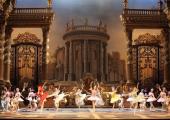
Eyewatering luxury on stage rather overwhelms the dancing impression
The Bolshoi Theatre reopened in late autumn 2011 after a problematic six-year refurbishment said to have cost a tidy billion dollars, many times its original estimate thanks to corruption - it needed a corker of a ballet premiere to pop the eyes of a cynical Russian public, and it set upon a new staging of The Sleeping Beauty. This was also problematic, as three years earlier it had been promised to the then ballet director Alexei Ratmansky, who had soon afterwards resigned his job, wretched and miserable with the corrosive relationships within the theatre.

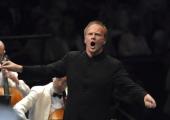

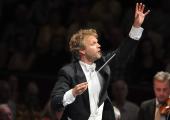
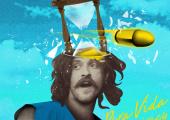
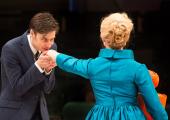

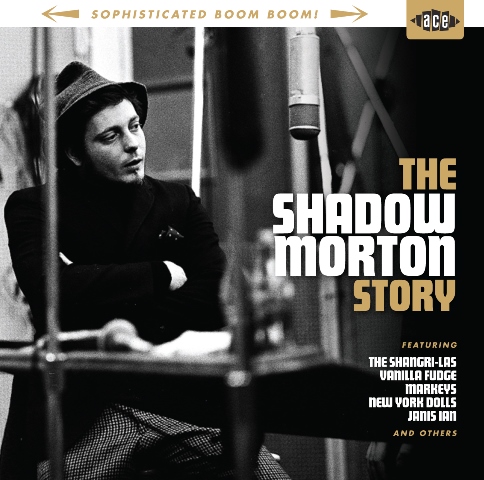 Various Artists: Sophisticated Boom Boom!! – The Shadow Morton Story
Various Artists: Sophisticated Boom Boom!! – The Shadow Morton Story
